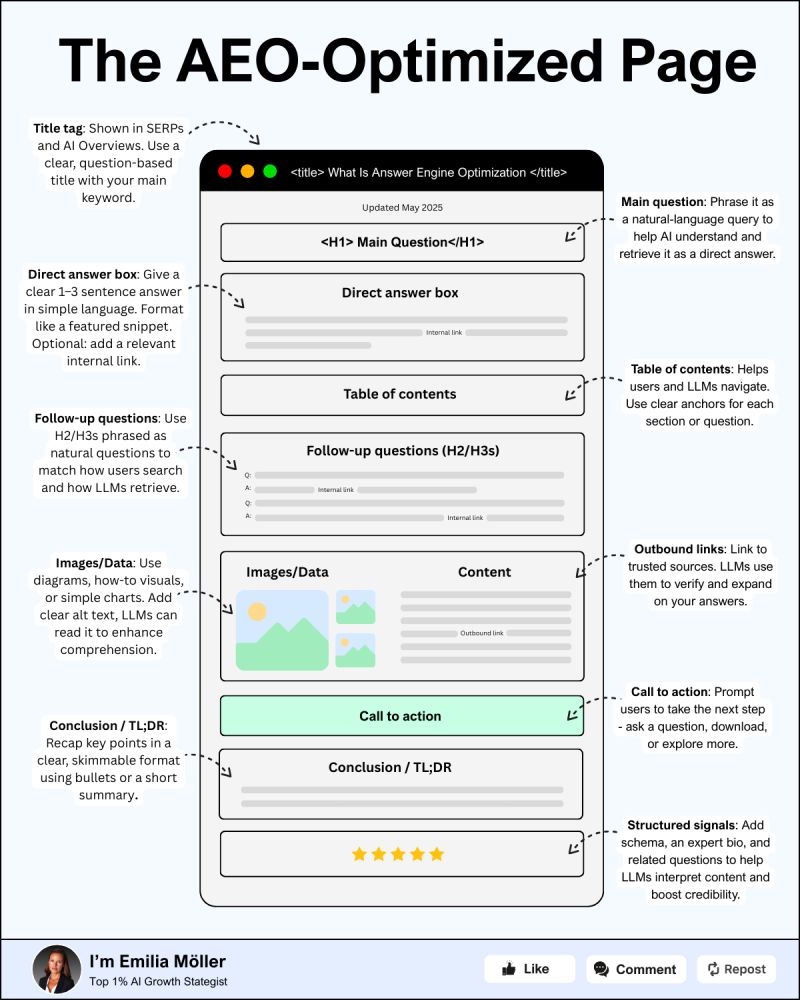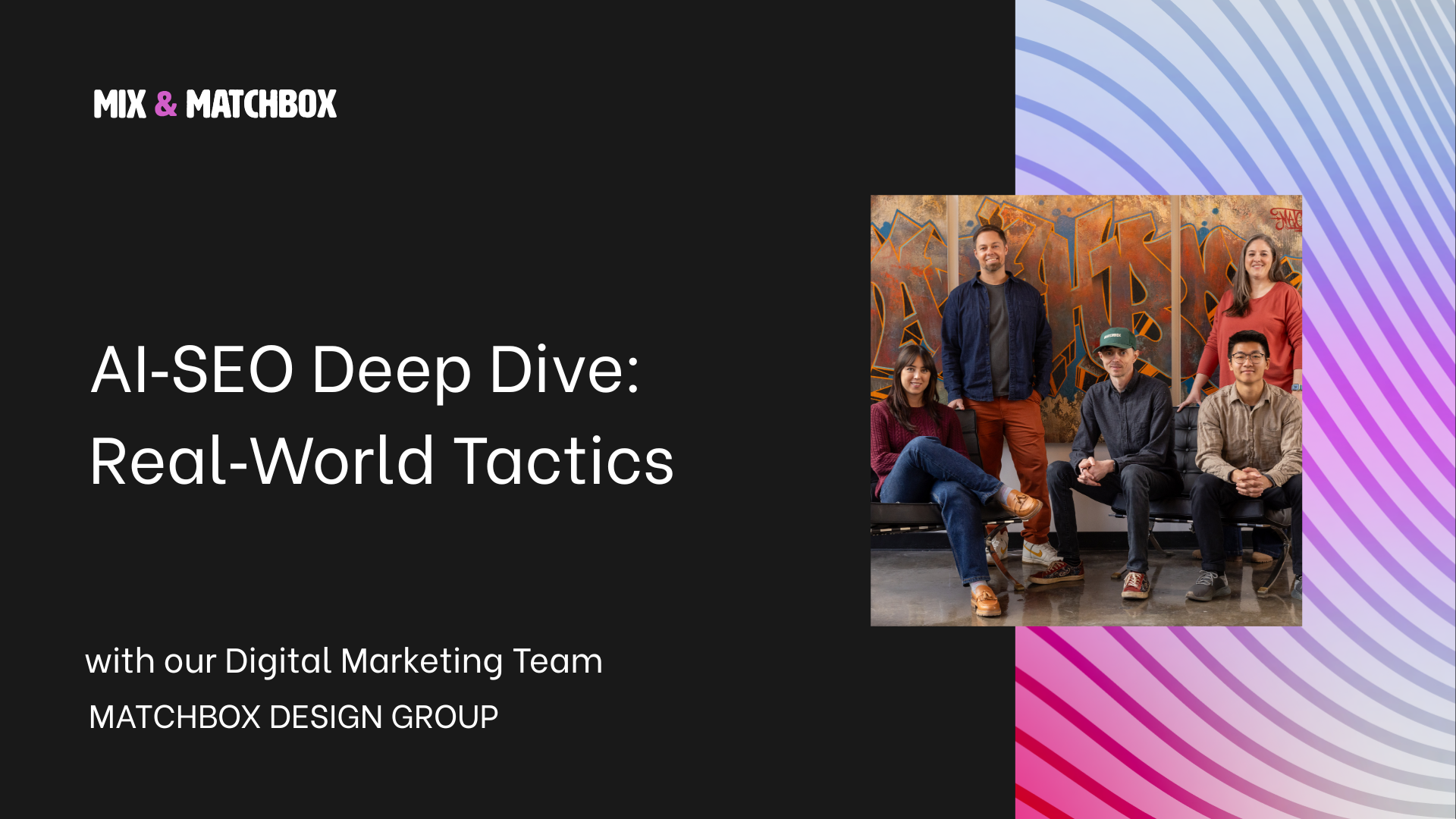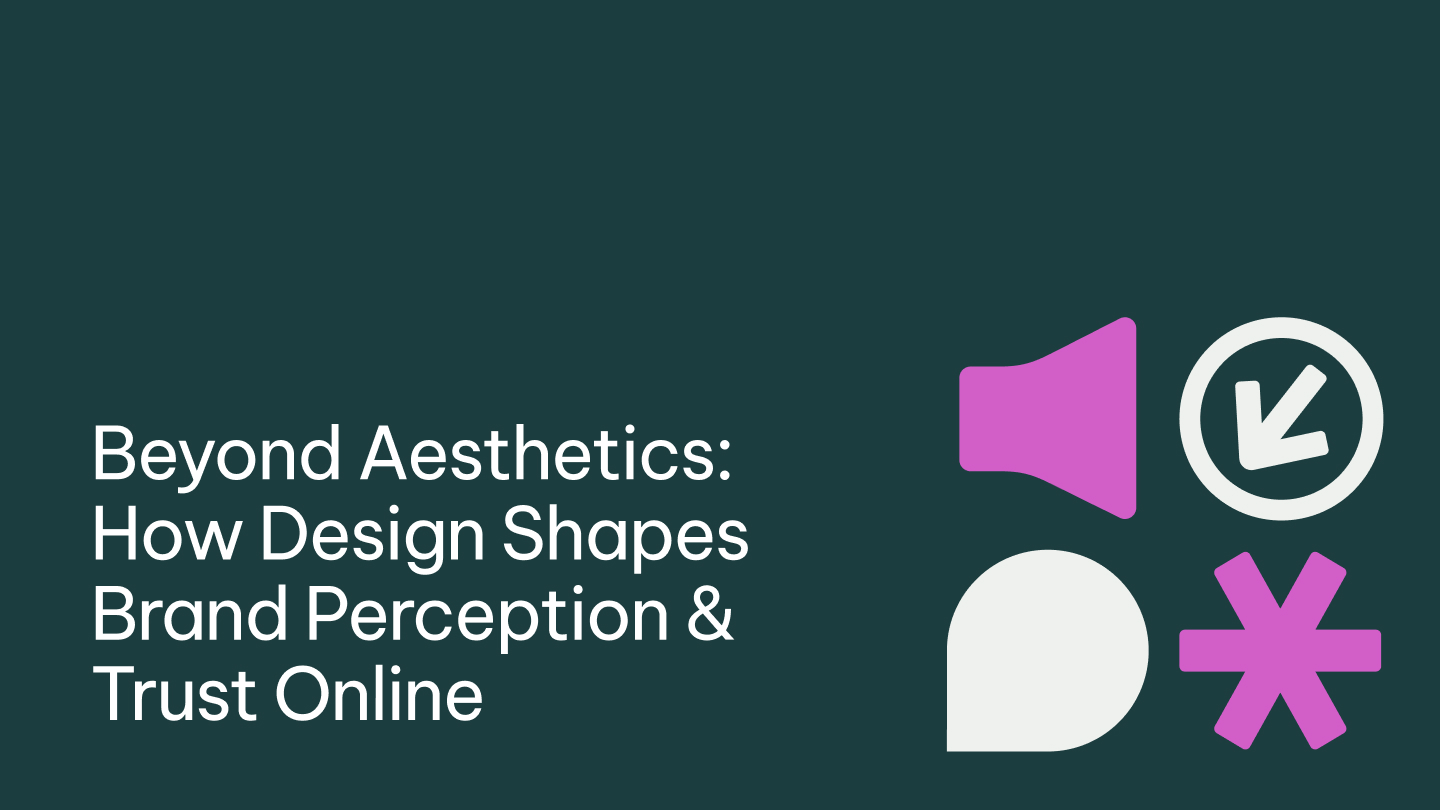Estimated reading time: 6 minutes
The world of search engine optimization (SEO) is rapidly evolving, with the rise of artificial intelligence (AI) introducing a new set of challenges and opportunities for digital marketers. As AI-powered tools like ChatGPT and Google’s Generative AI become more prevalent, it’s crucial for businesses to understand the latest trends and best practices in AI-SEO.
In this in-depth blog post, we’ll dive into the key concepts, strategies, and tactics that digital marketers need to know to stay ahead in the AI-SEO landscape. We’ll explore the differences between traditional SEO and the emerging fields of Answer Engine Optimization (AEO) and Generative Engine Optimization (GEO), and provide practical advice on how to optimize your content and website for these new search paradigms.
Decoding the AI-SEO Acronym Soup
As the world of search evolves, a new set of acronyms has emerged, leaving many marketers scratching their heads. Let’s start by unpacking the most important ones:
- AEO (Answer Engine Optimization): The process of optimizing content to be surfaced as direct answers in AI-powered search results, such as those provided by ChatGPT or Google’s Generative AI.
- GEO (Generative Engine Optimization): The practice of optimizing content to be effectively generated and repurposed by AI-powered tools, ensuring your brand’s messaging and expertise are accurately represented.
- LLM-SEO (Large Language Model SEO): The optimization of content and website structure to be effectively understood and indexed by the large language models (LLMs) that power AI assistants and chatbots.
- AI-SEO: The overarching term that encompasses all the strategies and tactics related to optimizing for AI-powered search and content generation.
While these new acronyms may seem daunting, the core principles of traditional SEO remain just as important in the AI-driven landscape. Technical website health, high-quality content, and earning backlinks are still fundamental to ranking well in search results, whether they’re powered by AI or traditional algorithms.
The Continued Importance of a Website
One key thing to understand is that your website remains the central hub for your online presence, even as AI-powered search and content generation become more prevalent. These AI assistants and AI chatbot platforms are pulling their information from websites across the internet, so having a well-structured, authoritative site is crucial.
In fact, while ChatGPT and other AI tools are gaining traction, the sheer volume of searches on Google (around 15 billion per month) dwarfs the usage of these newer AI-powered platforms (estimated at around 1 billion per month). This means that traditional search engine optimization is still essential for driving traffic and visibility to your website.

Optimizing for AI-Powered Search
To effectively optimize your content and website for AI-powered search, there are several key strategies to consider:
Content Chunking and Structured Markup
One of the most important things to focus on is how you structure and present your content. AI assistants like ChatGPT are designed to quickly surface relevant information in response to user queries, so breaking your content into clear, labeled sections is crucial.
Actionable Tips
- Use a clear hierarchy of headings (H1, H2, H3) to organize your content and make it easy for AI to understand the structure.
- Incorporate schema markup, such as FAQ schema, “how-to” schema, and TL;DR (too long, didn’t read) blocks, to provide AI with easily digestible snippets of information.
- Include visual elements like tables, graphs, and infographics to supplement your written content and make it more engaging for both human and AI readers.

Entity-Based Optimization
In the AI-driven search landscape, it’s important to move beyond simple keyword optimization and focus on building a strong understanding of the entities (people, places, brands, etc.) that are relevant to your business and industry. This “entity-based optimization” approach helps AI assistants better comprehend the context and meaning of your content.
Actionable Tips
- Incorporate mentions of relevant brands, people, and locations throughout your content to establish context and authority.
- Leverage internal and external links to connect your content to other authoritative sources and build a robust knowledge graph.
- Repurpose your content across multiple platforms (e.g., blog posts, LinkedIn articles, YouTube videos, Reddit threads) to reinforce your brand’s expertise and presence.
Schema Markup and Structured Data
Schema markup and structured data have always been important for traditional SEO, but they’re even more crucial in the AI-driven search landscape. By providing AI assistants with clear, machine-readable information about the content on your website, you can increase the chances of your content being surfaced as a direct answer or featured snippet.
Actionable Tips
- Implement schema markup for FAQ sections, how-to guides, product information, and other key content types.
- Use structured data to provide AI assistants with additional context about your business, products, and services.
- Stay up to date on the latest schema markup best practices, as they may evolve to better support AI-powered search.
Navigating the Challenges of AI-Powered Search
While the opportunities presented by AI-powered search are exciting, there are also some unique challenges that digital marketers need to be aware of:
Bias and Neutrality
AI assistants like ChatGPT can sometimes exhibit biases or provide inaccurate information, especially when it comes to more subjective or controversial topics. It’s important to be aware of this and to take steps to ensure that the content you create is as neutral and unbiased as possible.
Actionable Tips
- Conduct “bias tests” by asking the AI assistant questions from different perspectives and evaluating the responses.
- Encourage users to cross-reference the information provided by AI assistants with other authoritative sources.
- Maintain a strong focus on creating high-quality, well-researched content that provides a balanced, factual perspective.

Measurement and Attribution
Tracking the performance and impact of your AI-SEO efforts can be challenging, as the traditional metrics used in SEO may not tell the whole story. AI-powered search results can drive increased visibility and impressions, but may not necessarily translate directly into website traffic or conversions.
Actionable Tips
- Explore emerging tools and platforms that can help you monitor and analyze the performance of your content in AI-powered search results.
- Work closely with your analytics team to develop custom tracking and attribution models that account for the unique dynamics of AI-powered search.
- Focus on metrics that capture the broader impact of your AI-SEO efforts, such as brand awareness, thought leadership, and customer engagement.
Embracing the AI-SEO Mindset
As the search landscape continues to evolve, it’s important to adopt a mindset that embraces the opportunities presented by AI-powered search, while also remaining grounded in the fundamental principles of traditional SEO.
One key aspect of this mindset is the willingness to experiment and test new strategies. The AI-SEO landscape is still relatively new, and so best practices are still emerging. By taking a proactive, data-driven approach to testing and iterating, you can stay ahead of the curve and identify the tactics that work best for your business.
Another important element is maintaining a focus on creating high-quality, authoritative content that provides value to your target audience. While AI-powered tools can help streamline and scale content production, they should never be a substitute for the expertise and creativity of human writers and strategists. By blending the power of AI with the human touch, you can create content that resonates with both search engines and your customers.



